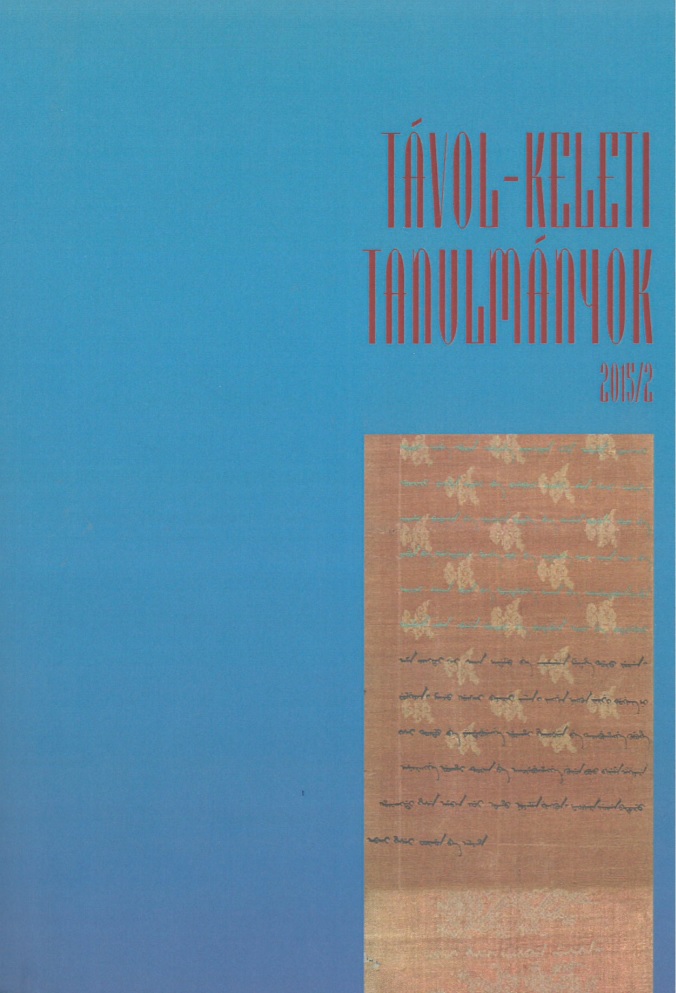Published 2016-09-04
How to Cite
Copyright (c) 2016 the author(s)

This work is licensed under a Creative Commons Attribution-NonCommercial 4.0 International License.
Abstract
Most experts in Buddhist tradition seem to believe that verses 153 and 154 of the Dhammapada represent the authentic words of the Buddha. Using the simile of a house with its perishable constituent parts, the verses suggest that man with his mental faculties is mortal. From it follows that a wise man should not build such a
house, i.e., should not consider earthly life as the real, ultimate goal. The numerous translations, among them the three Hungarian ones, all suffer from various shortcomings. My present attempt at a literal translation together with explanatory remarks aims at the elimination of obvious shortcomings of previous research.
